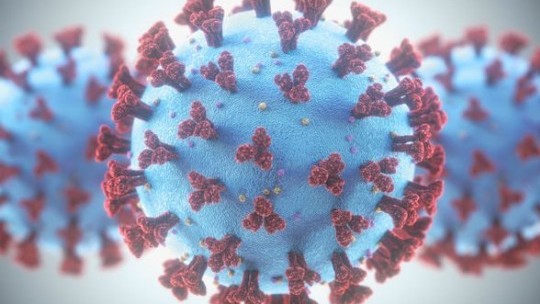Following talks, EU member states have agreed to bring in rapid travel restrictions on all travel into the EU from seven countries in southern Africa after the emergence of a new variant in the region.
Belgium has confirmed a case of the variant.
The variant, currently known as B.1.1.529, has also been identified in South Africa, Botswana, Hong Kong and Israel.
The World Health Organization (WHO) is meeting to discuss the development.
Scientists say they still have much to learn about the virus's new mutations.
The WHO has said it will take a few weeks to understand the impact of the new variant, as experts work to determine how transmissible it is.
The variant is yet to be given a more memorable name, like Delta or Beta.
The WHO is expected to name it on Friday, and announce whether it is a variant of concern or just a variant of interest.
It is very different to the other variants that have emerged so far.
Scientists have said it is the most heavily mutated version yet, which means COVID vaccines, which were designed using the original strain from Wuhan, may not be as effective.
Stock markets plummet
Stock markets across the world fell sharply on Friday amid investor fears over the potential economic impact of the new variant.
In London, the FTSE 100 share index dropped by nearly three per cent, while markets in Germany and France also declined following falls in Asia.
The WHO says so far fewer than 100 sample sequences of the variant have been reported.
UK Health Secretary Sajid Javid said today that the variant is highly likely to have spread to other countries.
Most of the cases in South Africa have been from its most populated province, Gauteng, of which Johannesburg is the capital city.








 All feeds
All feeds







